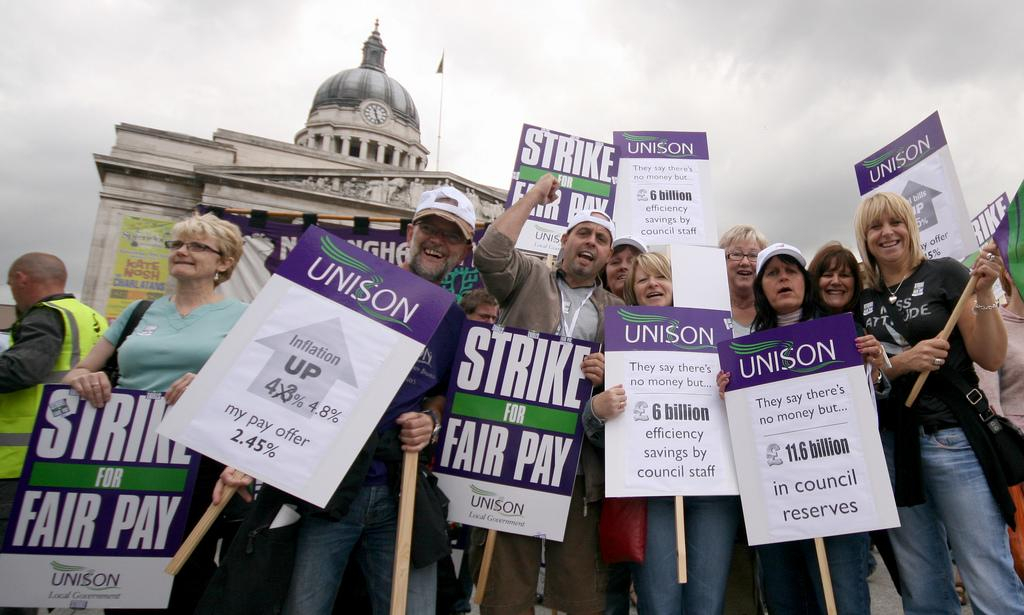Early parliamentary elections will be held in Great Britain at the beginning of July. A Labor Party victory is highly likely, after the population grew increasingly dissatisfied with the Conservatives, who have been ruling the country for more than a decade. While the Conservative Party's policies did not directly drive the economy into recession, they also contributed to a widespread worsened financial situation. Still, the people have also shown little enthusiasm towards Labour's coming to power, because their leadership promises virtually no changes.
What's happening in the UK?
Over the past eight years, Britain has had four prime ministers. The decision to hold snap elections in 2024 is the culmination of a number of political and economic crises.
Most problems emerged after the 2016 decision to leave the European Union (EU). Conservatives had advocated that leaving the EU would kickstart a complete restart of the economy.
But this did not happen. Instead, the policies brought forward by the Conservatives only exacerbated the problems that the country was experiencing before the so-called ‘Brexit’, such as the deterioration of public infrastructure and the decline in social budget spending.
How the Conservatives Got It Wrong
Former Prime Minister Boris Johnson had assured the public that leaving the EU would bring prosperity. He hoped to redirect the money freed up from EU membership to projects for infrastructure restoration and housing. However, these plans were never realized.
When Liz Truss replaced Johnson as prime minister at the height of the coronavirus pandemic, she promised to bring more investment into the country. Truss sharply cut taxes on the wealthy, confident that it would spur investment in new businesses and job creation.
But she only succeeded in exacerbating the crisis. The result of this experiment was the collapse of the pound to historic lows, the near collapse of British pension funds, and the increase in lending rates. She could only keep her job for 49 days.
Rishi Sunak, Truss's successor, chose to cancel major infrastructure projects, in particular high-speed rail links between major cities.
With his cuts, Sunak provoked strikes by railway workers, medical workers, and teachers. During these labor disputes, he sided with the employers, while government spending was further cut.
What Changes with the Conservatives out?
The Conservatives’ ideological platform only protects the interests of the rich. This is confirmed, for example, by the fact that the profit margin of the average UK business has increased by 30% in recent years compared to the period before the pandemic. At the same time, the purchasing power of full-time wages is now lower than it was before 1997.
Under the Tories, wages and productivity stagnated for the longest time in 100 years. And their tenure brought the country near an economic recession: in 2023, the economy grew by only 0.1%.
The coming to power of Labor, however, is unlikely to change this trend. Their leader since 2020 is Keir Starmer, who, like many Conservatives, remains committed to the idea of fiscal austerity. Starmer has worked to eliminate opponents who offer an alternative to his anti-welfare views, and has also supported the Conservatives' efforts to suppress strikes and protests.
“If Labour’s lead in the opinion polls holds and it wins the next election, lower economic growth, strained trading relationships, stretched public services and weak public finances will present the incoming government with a much more challenging economic inheritance than in 1997,” writes Chris Giles, Professor at University College London Policy Lab.
Поддержите журналистику, которой доверяют.








